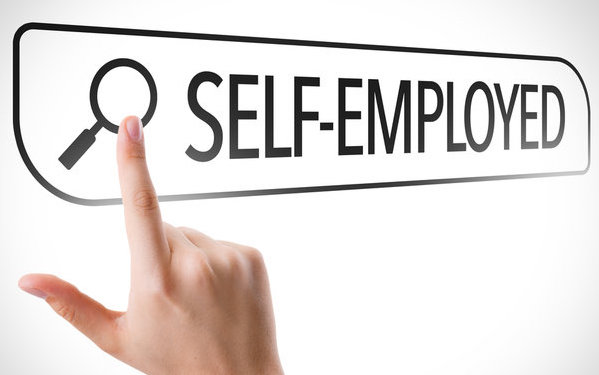
As someone who is self-employed, you probably have your hands full. Whether you run your own business or freelance for someone else’s, there are many factors you have to deal with on a daily basis to ensure you collect enough income to stay afloat. Adding home ownership to the mix can be quite the accomplishment. So, how does someone who is self-employed get a mortgage?
Generally, lenders are weary to provide mortgages to those who are self-employed, especially those who are just starting out. When your taxable income has been reduced, lenders see you as more of a risk than someone who draws a steady salary. However, that doesn’t mean that you should shy away from applying for a mortgage if you’re self-employed.
Can You Qualify For a Mortgage If You’re Self-Employed?
Yes. In order to qualify for funding when you are self-employed there are many ways you can look attractive to potential lenders.
- Figure Out What You Can Afford. Mortgages need to be paid monthly. No matter where you get your income, you need to ensure you have enough to cover your monthly mortgage payments. For some who are self-employed, they collect a variable income. You need to plan your mortgage payments around your variable income. If one month you bring in $1,700 but the next you bring in $2,900, you need to ensure your monthly mortgage payments don’t exceed what you would make in your slowest months.
- Pay Your Taxes. When you are a salaried worker, a chunk of your pay goes towards your taxes already. When you are self-employed you are in charge of making those deductions. No matter what industry you work in, you must pay your taxes when you are self-employed. Potential lenders will ask to see income documentation that dates back at least two years. Why? They want to see your personal income tax returns to make sure you’re all paid up.
- Maintain A Blemish-Free Credit Score. Normally, a credit score of 620 is required to get a conventional mortgage. For those that are self-employed, the higher your credit score, the better. Lenders see you as a risk but if your credit score hovers around 700 they’ll take that into consideration when you apply for your mortgage. To maintain an excellent credit score, pay off everything on time. This goes for phone bills, car payments, credit card debt, and everything else you owe.
- Work with a broker. Your bank probably treats you well. You have a business account set up with them and they value you as a client. Nonetheless, when it comes to finding the right lender, it’s better to work with a broker. A mortgage broker can find the best package to suit your needs, when you’re self-employed lenders may not be so keen to provide funding to help you purchase your home. Your broker has built relationships with many lenders and although they may not know you, they definitely know and trust your broker.
Remember, the more financial strength you can show, the better your chances of being approved for a mortgage when you’re self-employed.
